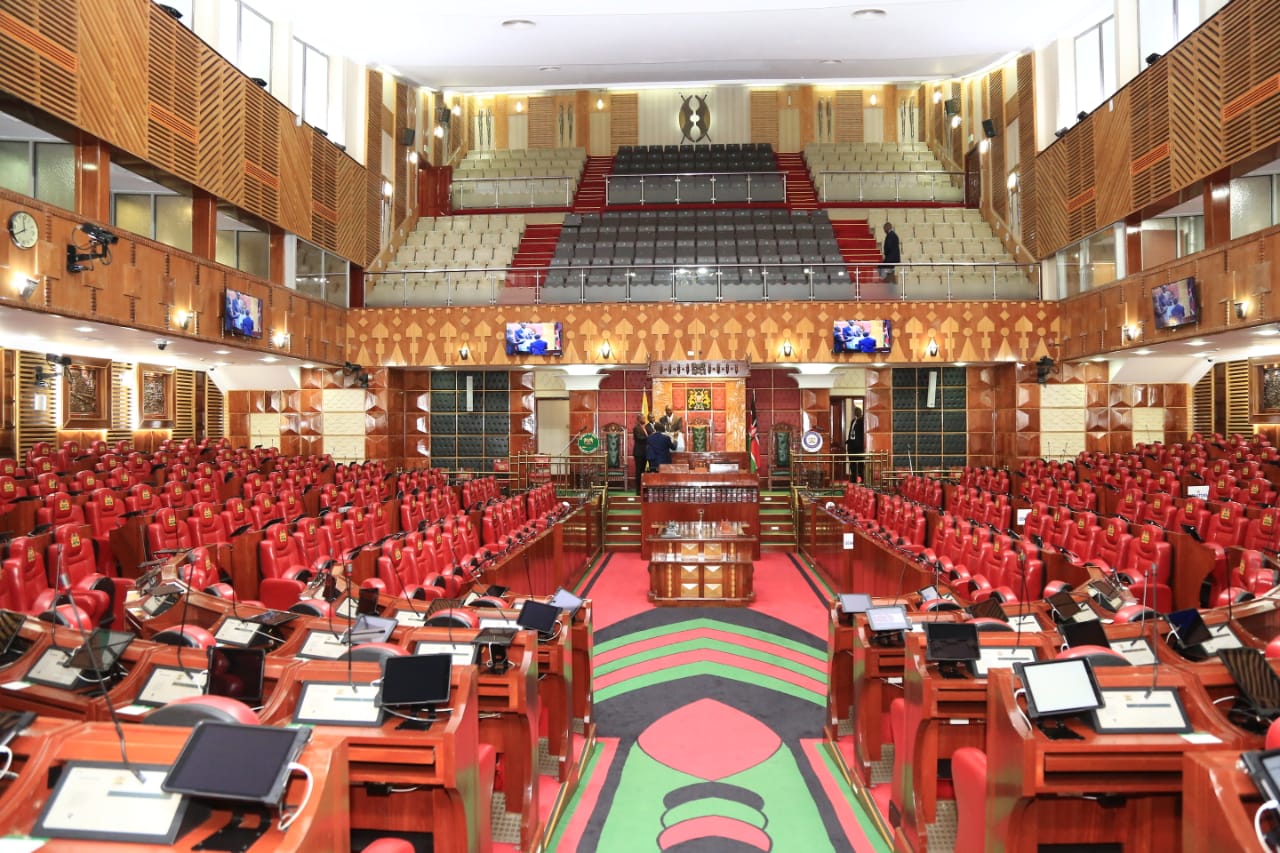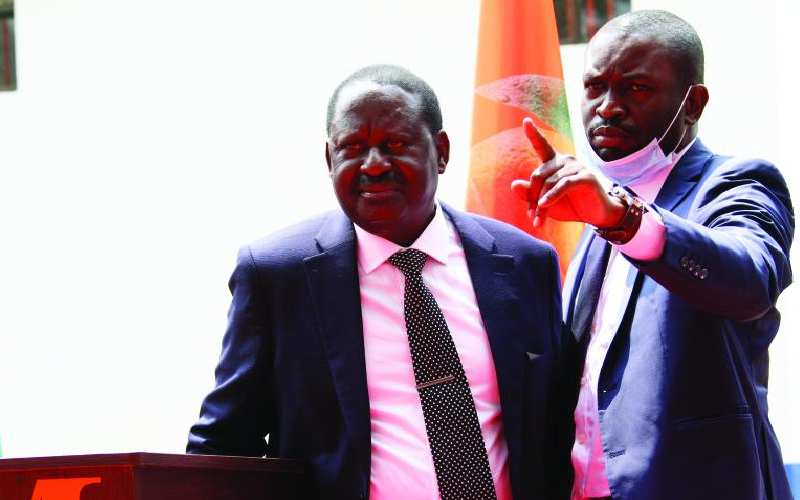- Details
- East Africa
- 853
File image of Raila Odinga and Edwin Sifuna
Nairobi Senator Edwin Sifuna has come out to explain why Azimio allied Members of Parliament have been skipping parliamentary sessions where CSs are summoned to answer queries regarding their respective ministries.
In a statement via his X account on Friday October 12, Sifuna noted that the plenary sessions are not anchored in law and as such, the Azimio MPs keep off.
“The minority side does not attend sessions with CSs because we believe they are there unconstitutionally. We filed a reference to the High Court and are awaiting judgment this month. So it’s not absenteeism. It’s a principle,” Sifuna explained.
The ODM Secretary General was responding to a X user who raised concern on why many Azimio MPs were missing when Interior CS Kithure Kindiki appeared before the Senate on Thursday to answer questions about his Ministry.
“Work on absenteeism. I was worried yesterday. Several Senators, especially from the minority side, were absent during a session with CS Kithure Kindiki,” Captain Kapkorir wondered.

The move to have CSs appear at the National Assembly and Senate was part of President William Ruto’s campaign strategy leading up to the 2022 elections.
According to the President, the action will make state Ministers answerable for their deeds and offer a path for the execution of state initiatives.
“I believe that our government will become more responsive, accountable and effective when it is subjected to rigorous oversight. There is tremendous benefit in experiencing checks and balances in the course of policy implementation.
“The executive has vested interest in engaging productively with Parliament because the Legislature is the custodian of critical instruments that are indispensable for the functioning of Government. There is profound value in prosecuting the Executive’s legislative agenda and elaborating government policy from the floor of the House as opposed to segmented committee engagements,” said Ruto in 2022.
Parliament in March adopted the Report of the Procedure and House Rules Committee that amended various sections of the Standing Orders to allow the Cabinet Secretaries to physically appear before the House and answer questions.
The CSs appear before the House on Wednesday afternoons between 2.30 p.m. and 5.30 p.m.






